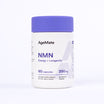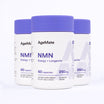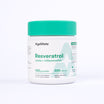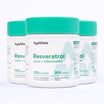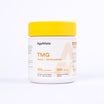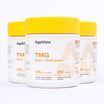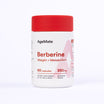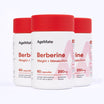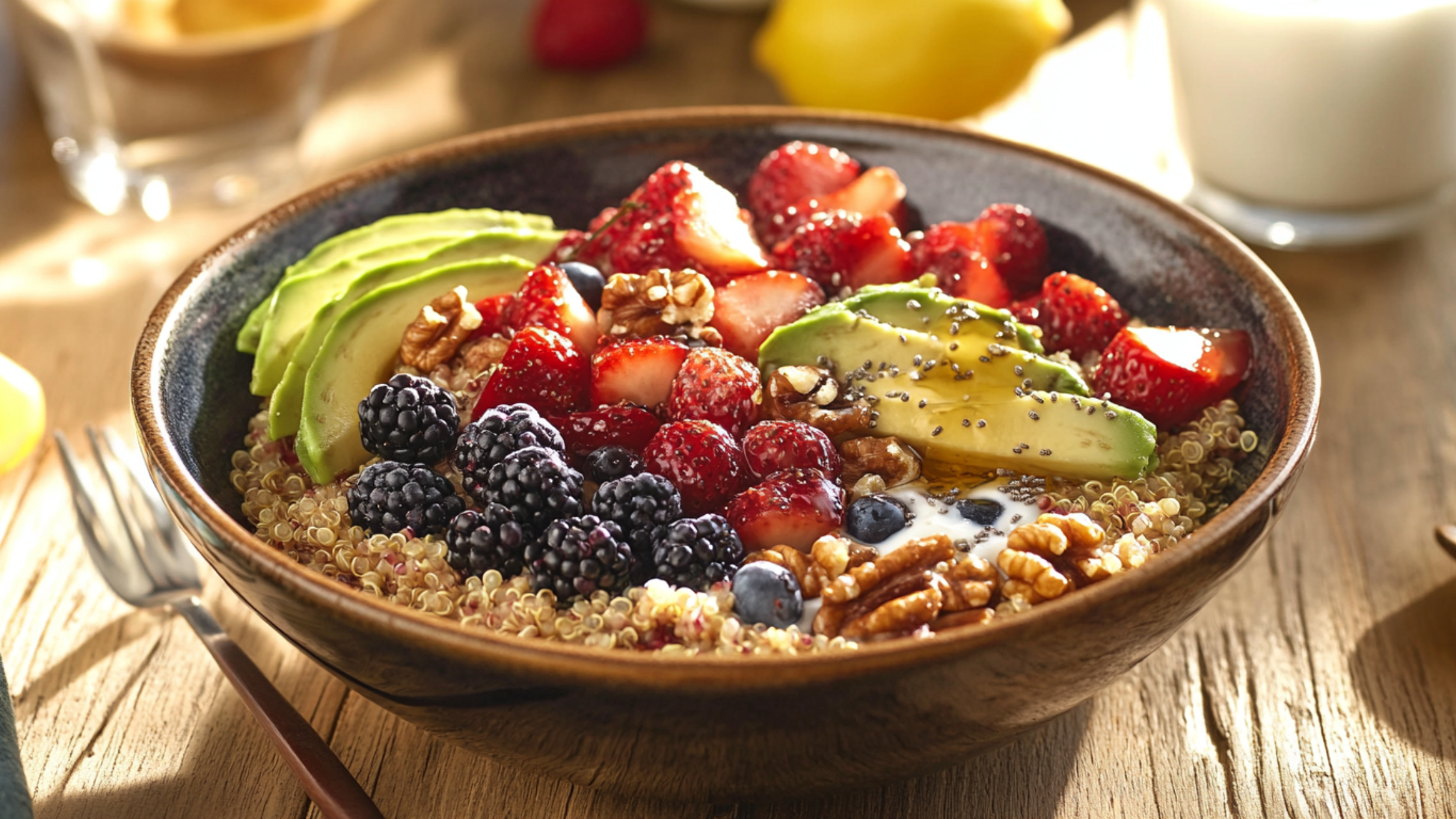Key Takeaways
- Personalised nutrition and genetics are being tailored to extend healthspan through individualised interventions backed by genomic research.
- Calorie restriction and intermittent fasting show cellular benefits for longevity, as seen in studies on model organisms like worms, mice, and humans.
- Emerging technologies such as wearable trackers and epigenetic testing are transforming how Australians optimise their healthspan.
Did you know that one of the key breakthroughs in longevity research came from studying tiny worms called Caenorhabditis elegans (C. elegans)?
Despite their simplicity, these worms share key biological pathways with humans, helping scientists identify the genes and metabolic processes that control ageing.
Longevity research isn’t just about living longer—it’s about increasing the years you can live without disease. Here’s what scientists are discovering today that could help you thrive well into old age.
1. Understanding the Difference Between Healthspan and Lifespan
It’s easy to assume that living longer means living healthier, but this isn’t always the case. Lifespan refers to the total years you live, whereas healthspan focuses on the quality of those years—specifically, how long you can live free of age-related diseases and disability.
Extending healthspan is crucial for reducing healthcare costs, improving quality of life, and maintaining independence as we age. By targeting cellular repair mechanisms and reducing chronic inflammation, scientists aim to delay the onset of diseases like cardiovascular disorders and Alzheimer’s. Research using model organisms like C. elegans has shown promising results in delaying cellular decline without compromising overall vitality.

2. Customised Longevity Through Personalised Nutrition
One-size-fits-all diets don’t reflect the complexity of human biology. Personalised nutrition, an emerging trend, leverages genetic testing and biomarkers to optimise diet and nutrient intake for individual needs.
Nutrigenomic research reveals that genetic variants can influence how you metabolise essential nutrients like folate, omega-3 fatty acids, and antioxidants (R). If your genes indicate poor absorption or impaired detoxification, personalised interventions can address imbalances. Studies show that targeting specific needs helps reduce oxidative damage and inflammation—two major contributors to biological ageing (R).
3. Genetic Insights: Your DNA Holds Clues
Genetic research has identified several pathways to longevity, including those linked to the insulin/IGF-1 signalling pathway. In C. elegans, mutations in the DAF-2 gene (the worm equivalent of the insulin receptor) doubled lifespan by promoting stress resistance and cellular repair (R).
Humans have similar pathways, including the FOXO3 gene, which is common in centenarians. Epigenetic research shows that you can influence these longevity-related genes through lifestyle changes like intermittent fasting or calorie restriction (R). By modifying gene expression, you have a degree of control over how your body ages.

4. Calorie Restriction and Intermittent Fasting
Few longevity interventions have shown as much promise as calorie restriction (CR) and intermittent fasting (IF). Studies on C. elegans demonstrated that nutrient restriction activates pathways that improve mitochondrial efficiency and promote autophagy (R)—a process where damaged cells are broken down and recycled.
In one study, calorie-restricted C. elegans lived up to 50% longer than their well-fed counterparts (R). Humans may not need strict calorie restriction, but time-restricted eating or periodic fasting can deliver many of the same benefits. Research shows that intermittent fasting improves insulin sensitivity, reduces inflammation, and slows biological ageing.
Simple Fasting Strategies to Try:
- Overnight fasting (e.g., 16:8 intermittent fasting)
- Periodic 24-hour fasts once or twice a month
- Skipping breakfast or delaying the first meal of the day
5. Emerging Technologies: Wearable Trackers and Longevity Biomarkers
The modern longevity movement is powered by cutting-edge technology. Wearable devices like the Oura Ring, Fitbit, and continuous glucose monitors allow you to track key health metrics in real-time, such as sleep quality, heart rate variability, and glucose response.
Epigenetic testing takes this further by analysing biomarkers like DNA methylation and telomere length to determine your biological age. Studies on C. elegans showed that cellular damage accumulates with age, but lifestyle interventions like calorie restriction can slow this process (R). Now, humans can use similar metrics to assess how well their bodies are ageing and make adjustments as needed.
6. Gut Health and Longevity: The Microbiome’s Role
A healthy gut isn’t just essential for digestion—it’s closely linked to longevity. A diverse gut microbiome supports immune function, metabolic health, and inflammation control. When gut health deteriorates, inflammation increases, accelerating biological ageing and the onset of diseases.
Studies on C. elegans revealed that gut bacteria influence lifespan by regulating energy balance and immune responses (R). In humans, probiotic-rich foods and prebiotics support the gut-longevity axis, promoting beneficial bacteria and reducing inflammation.

Gut-Friendly Foods for Longevity:
- Probiotic sources: Yogurt, kefir, kimchi, sauerkraut, and kombucha
- Prebiotics: Garlic, onions, bananas, and asparagus
- High-fibre foods: Oats, legumes, and whole grains
7. Animal Studies: What We’ve Learned from Worms, Mice, and Monkeys
Model organisms like C. elegans and mice have been instrumental in longevity research due to their short lifespans and genetic similarities to humans. In C. elegans, reducing insulin signalling through DAF-2 mutations significantly extended lifespan by promoting cellular repair and stress resistance (R).
Similar findings in mice and monkeys have guided human trials investigating mTOR inhibitors (like rapamycin) and drugs such as metformin, which target longevity pathways.
Naked mole rats, another model organism, have demonstrated remarkable resistance to cancer and DNA damage, further advancing our understanding of how cellular processes can be manipulated for longevity (R).
8. Tracking the Markers of Healthy Ageing: What to Monitor
Longevity isn’t just about extending lifespan—it’s about preserving physical and mental performance. Key indicators of healthy ageing include:
- Grip strength and walking speed: Studies show that weak grip strength and slow walking speed correlate with higher mortality risk, making these simple tests powerful predictors of overall longevity (R).
- Cholesterol and apoproteins: Balancing LDL cholesterol, apoprotein B, and apolipoprotein A can reduce cardiovascular risk and improve healthspan (R).
- Biological markers: Track DNA methylation, telomere length, and glucose response to measure biological age relative to your chronological age.
Top Tips Summary: How to Make Longevity Work for You
- Customise your nutrition using genetic testing and biomarkers.
- Implement time-restricted eating or periodic fasting to activate cellular repair.
- Track progress using wearable tech and longevity biomarkers.
- Prioritise gut health with probiotic-rich foods and prebiotic fibre.
Final Thoughts: A Holistic Approach to Healthy Ageing
Longevity isn’t just about genetics—it’s a combination of personalised nutrition, lifestyle choices, and emerging technologies that give you greater control over how you age. By taking a proactive approach, you can extend your healthspan and enjoy a higher quality of life for years to come.
Ready to dive deeper into science-backed strategies for living longer? Don’t miss our blog on The Future of Anti-Ageing Technology: From AI to Biotech, where you’ll discover the best ways to measure and optimise your health.




